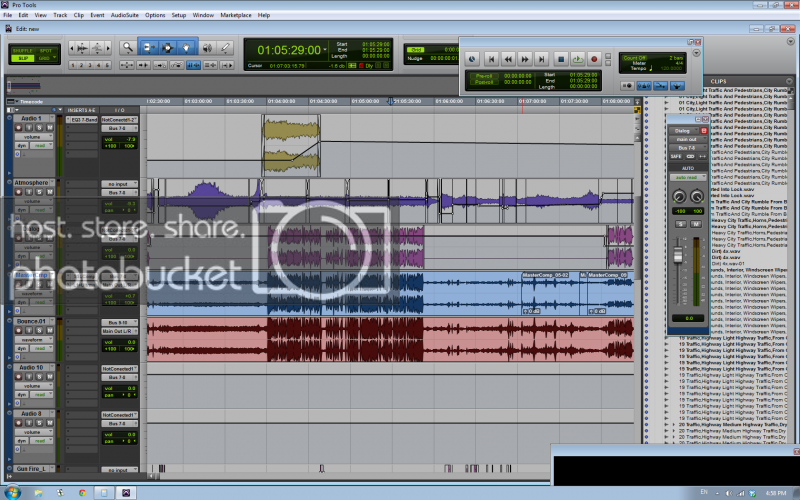I asked one of my friends to help me to master audio tracks, and noticed in his set up that all of his tracks are bussed into MasterComp track, that runs compresors. But then MasterComp track is bussed into Bounce track as well. Why is that?
I would ask him, but he is gone for next couple of days and I'm just dying from curiosity lol

I would ask him, but he is gone for next couple of days and I'm just dying from curiosity lol




 advice from the pros here. Keep it coming!
advice from the pros here. Keep it coming!